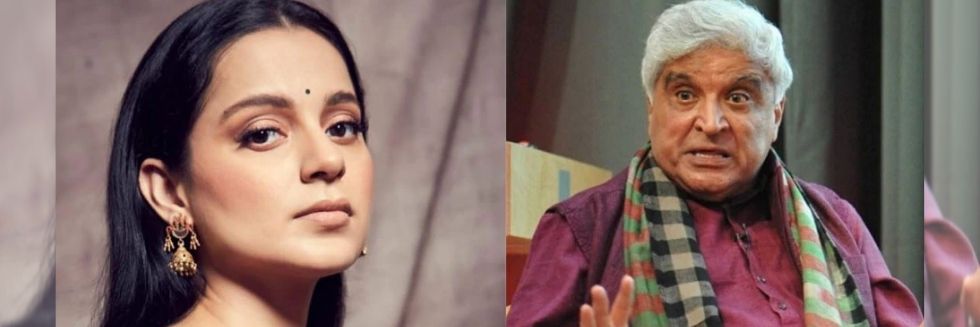A local court of Jammu and Kashmir noted that the Protection of Women from Domestic Violence Act, 2005 (DV Act) was enacted to protect the women from violence and not to harass the other husband or aggravate marital discord.
Judge Fayaz Ahmad Qureshi observed that the Act cannot be allowed to be used in a manner that it spoils the lives of couples living peacefully.
“It is quite obvious that the object of Protection of Women (from Domestic Violence) Act, is to give protection to women from violence which takes place when they live in such domestic relation. This is to protect legitimate and genuine cases where the aggrieved person does not indulge in acts which defeats the purpose and object of the legislation. Domestic Violence Act has not been enacted to cause harassment to the other spouse or to further aggravate the matrimonial discord to the extent of throwing the respondent out of his own house,” the court said.
Taking note of the fact that the wife has been abusing the law to protract the proceedings to the maximum capacity of elasticity, the court imposed a cost of Rs 10 lakh. The wife had first procured the order under the DV act to throw her husband out of his own house and when the court allowed the husband to live in the house, she withdrew the petition.
The court also noted that a law which is disproportionate when it comes to the level of protection it affords, can also be counter productive and instead of giving protection to the legitimate cases of domestic violence, it may have the potential to destroy marital institution.
Judge Qureshi added, “Therefore, it is important to sift and weigh cases to preserve the efficacy of the Domestic Violence Act for legitimate and genuine cases.”
While hearing this matrimonial dispute, the court had passed an ex-parte order on March 23, 2019. The order had restrained the husband from entering his own house.
The court modified its March order on April 29, 2019, and asked the wife to allow two rooms to the husband.
The wife then approached the Supreme Court against the same but her appeal was rejected.
The husband then moved the court to implement the April order. On November 15, 2021, the court directed the concerned SHO to implement the April order in letter and spirit.
At that point, the wife applied to withdraw her petition. “It is her choice to proceed with or withdraw the petition and the other side cannot raise any objection if the case is withdrawn,” submitted her advocate.
He went on to contend that even if the wife has challenged the order dated April 2019 passed by this Court where both were directed to accommodate each other in a cordial and freely relation in the house, that will not preclude her to withdraw the petition in which such order was passed even after High Court and Supreme Court has dismissed the appeal.
To which the husband’s counsel replied that the intention of the wife is not to withdraw the petition but to frustrate the order dated April 2019 order which was not passed in her favour and avoid its implementation.
The court noted, “This case was one such glaring example of an abuse of the process of law, where the applicant has protracted the proceedings up to its “maximum capacity of elasticity”. The case was dragged right up to the Supreme Court with the wife ensuring that the husband remains deprived of the shared-household even though it was owned by him.”
The court added, “The applicant appears to have chosen a short-cut to withdraw from the proceedings to ensure that order dated April 29, 2019 passed by the court is not implemented and the respondent, who was restrained from entering his own house continues to be deprived of shared-household though it is admitted that both the parties have lived together as husband and wife for more than 30 years.”
The court allowed the wife to withdraw the petition but imposed a cost of Rs 10 lakh.
The court stated that it has to be conscious of the fact that the wife not only put the husband on trial before various forums but also withdrew the petition to harass him more. The court added that the husband needs to be compensated for the pain, agony, and inconvenience including the litigation cost suffered.
“The petitioner/AP shall pay cost of ₹10 lakh to the respondent who has been deprived of shelter and accommodation from his own house under the garb of order obtained in the instant petition. Besides, both the parties are directed to restore the same position with respect to possession of the shared-household as existed on the date of the institution of the present petition,” reads the order.






